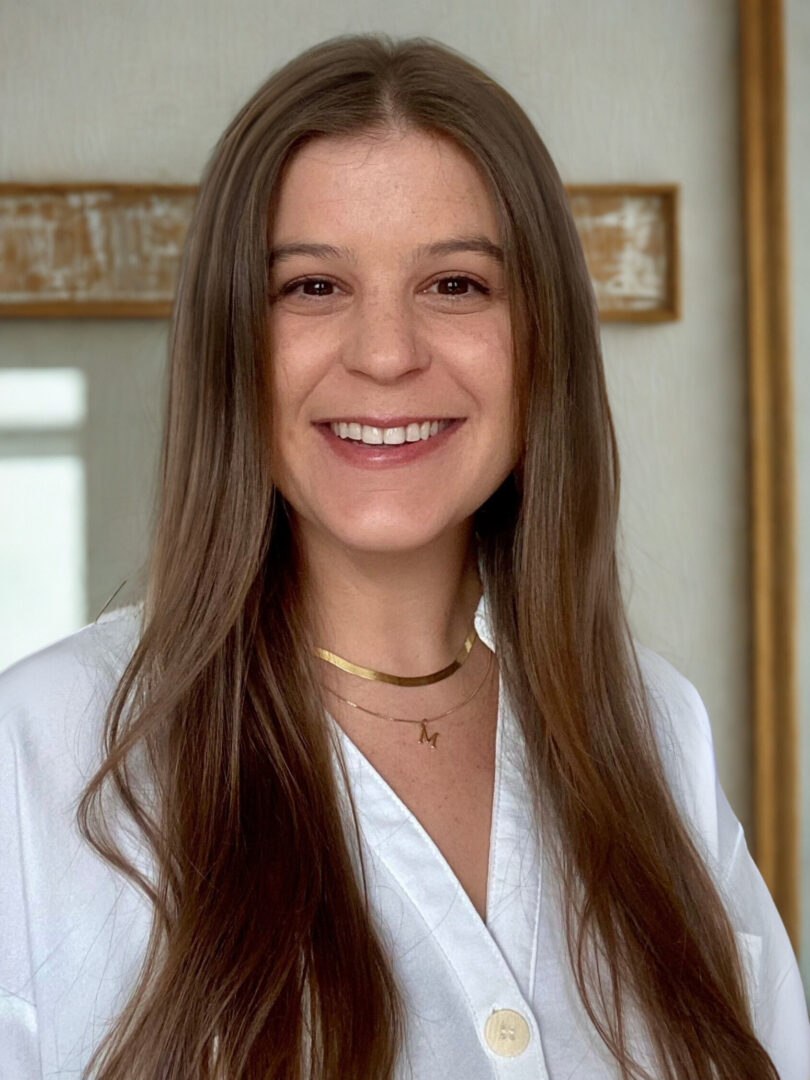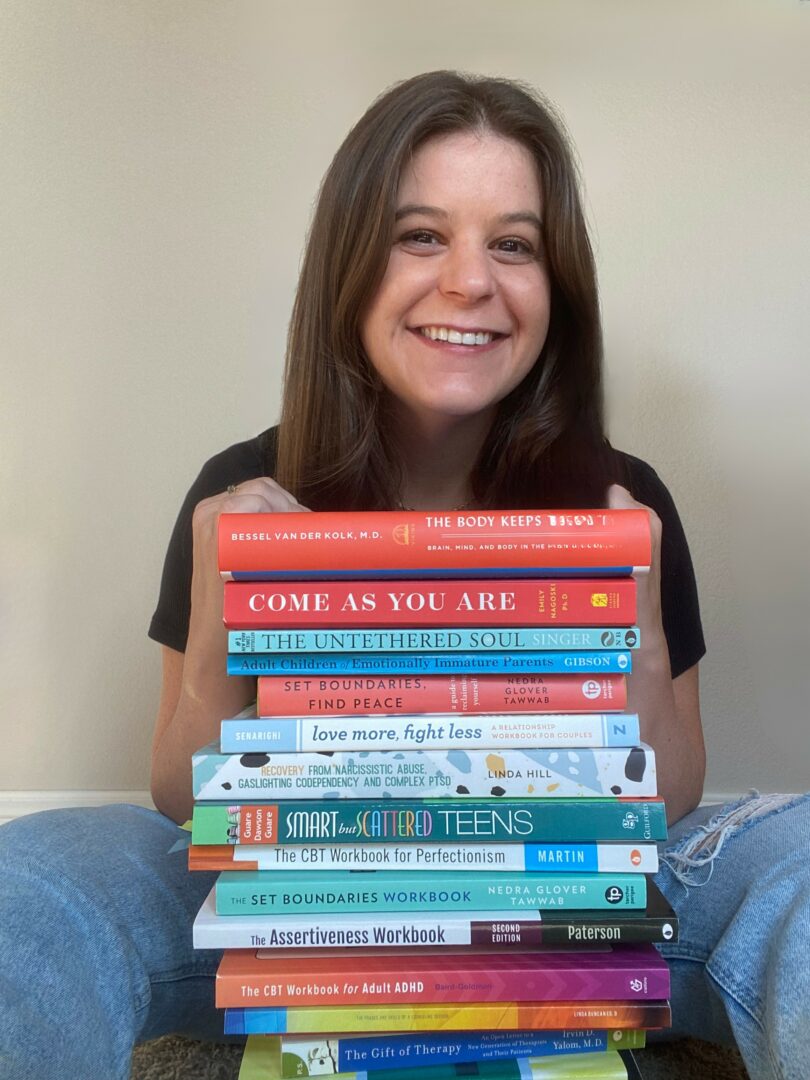Alright – so today we’ve got the honor of introducing you to Madison Hayden. We think you’ll enjoy our conversation, we’ve shared it below.
Hi Madison, thank you so much for opening up with us about some important, but sometimes personal topics. One that really matters to us is overcoming Imposter Syndrome because we’ve seen how so many people are held back in life because of this and so we’d really appreciate hearing about how you overcame Imposter Syndrome.
Imposter syndrome is very common in this profession, especially when you’re just starting. Even after completing the masters-level coursework, completing practicum and internship hours, and completed and passed your licensing exam, not to mention the hours of indirect work you do in consultation, continued education, and such. It is still completely normal to come out of grad school holding your license wondering “who gave this to me.” For me, overcoming my imposture syndrome was eclectic. My support system was vita, with regular supervision and consultations acting as support beams for my confidence as I worked to build it. My support system was also integral in normalizing the experience of Imposture syndrome, which helped me to know I was not alone in this and that even the therapists I most admired had felt like an imposture at some point in their career. Over time, the anxiousness that came in moments of silence or uncertainty became more comfortable, the practice and repetition of accepting the discomfort and pushing through it anyways helped to create more self trust. Positive self talk was also a huge part of managing my imposture syndrome. Reminding myself of my very real and positive strengths helped to counter the inklings of doubt until I was able to gain the confidence in my skills as a therapist.
I’d like to say that I’ve completely overcome my own imposture syndrome but it is something that can sneak back up on you in moments of doubt. There is a quote that my one of my professors in grad school handed out on a business card at the end of the semester that is really helpful on those days. It reads “know all the theories, master all the techniques, but as you touch a human soul, just be another human soul.” I keep this on my bulletin in my office as an extended reminder that even if I don’t feel like the best therapist, there is value in simply showing up and holding space.

Thanks, so before we move on maybe you can share a bit more about yourself?
I’m a mental health therapist based in Austin, TX, working for my own practice, Texas Minds Mental Health Counseling. At Texas Minds, I work with adults and couples who are feeling stuck, overwhelmed, or caught in painful or frustrating cycles which they don’t know how to break. Whether you’re navigating anxiety, ADHD, relationship challenges, life transitions, or burnout, I offer a supportive space to explore what’s holding you back, and to develop lasting skills and tools to help you move forward and create lasting change.
My goal is to offer a warm, supportive space where we can make sense of things together and help you move toward the life you want. My approach is rooted in genuine connection, curiosity, and non-judgment, helping you explore the deeper roots of your struggles while supporting you every step of the way. I strive to create an atmosphere where you feel seen, heard, and valued. My style is warm, down-to-earth, and authentic, balancing deep exploration with validation, empathy, and even humor when appropriate.

There is so much advice out there about all the different skills and qualities folks need to develop in order to succeed in today’s highly competitive environment and often it can feel overwhelming. So, if we had to break it down to just the three that matter most, which three skills or qualities would you focus on?
1) Consult, consult, consult. Consult with your supervisor, consult with those with similar modalities, consult with those from different modalities, consult with new practitioners, consult with those who have been in the biz for decades. The pool of knowledge is vast in this profession and you never know what illuminations will come out of a conversation.
2) Self Compassion. Self compassion is a learned skill, and a vital one. There will be moments when you feel you aren’t feeling effective or that you may not have done your best, and thats okay. Make a note of it, learn from it, and continue to treat yourself with compassion.
3) Therapy is an art. Therapy is not a one size fits all. It is an art that requires patience, vision, improve, and creativity. Each artist has their own style and approach, lean into your own style, and have grace with yourself if you’re still figuring out what that is.

All the wisdom you’ve shared today is sincerely appreciated. Before we go, can you tell us about the main challenge you are currently facing?
Despite the growth in understanding, normalizing, and seeking help for mental health struggles, Therapy as a whole is still stigmatized. It is not uncommon to believe in and understand the value of therapy, yet still be hesitant or resistant to seek therapy when you yourself are struggling. In my personal and professional life, I do my best to de-stigmatize therapy, normalize mental health care, and draw attention to the benefits of preventative therapy. After all, the best time to learn to swim isn’t when you are already drowning.
Contact Info:
- Website: https://www.texasminds.com
- Instagram: @texas.minds

so if you or someone you know deserves recognition please let us know here.




